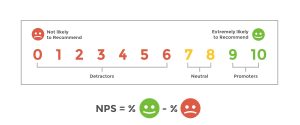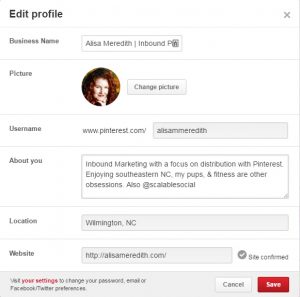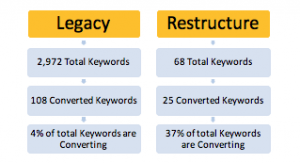For more than 1.5 billion people worldwide, it’s a daily ritual to visit a social site to review feeds, upload pictures, share stories, and work toward common good. In the last few years, social  technology has become a cultural, social, and economic phenomenon. We’ve watched personal triumphs and tragedies, as well as history-making global events such as Arab Spring, play out in social media. Our ability to form, maintain, and break social bonds has now become a digital experience as we connect with others — some of whom we’ve never met — and rely on their advice, information, and support.
technology has become a cultural, social, and economic phenomenon. We’ve watched personal triumphs and tragedies, as well as history-making global events such as Arab Spring, play out in social media. Our ability to form, maintain, and break social bonds has now become a digital experience as we connect with others — some of whom we’ve never met — and rely on their advice, information, and support.
Despite the rapid adoption of social technology and its perceived value in our personal lives, the business world has yet to fully realize its potential. According to a McKinsey study, 70% of companies cited that social technology in some form was being used. And although 90% are experiencing benefits, only 3% identified themselves as fully networked and achieving substantial advantages.
The game-changing benefits of social collaboration technology
The primal appeal of social media is simple: It triggers our fundamental drive for social connection and allows us more control over our world. Isn’t that what we all crave in our work lives as well?
Now that the workforce is more diverse, global, and tech-savvy than ever, it’s time to incorporate personal behaviors and rituals that have become a way of life. Here are four reasons why social collaboration should be an imperative for your business – as outlined by a recent study conducted by Forrester Research:
1. Better win rates and faster close rates for sales cycles.
It’s essential for sales reps to gain the access they need to pull expertise, information, and customer data together in one place on a moment’s notice. And with seven people involved in an average deal, the ability to collaborate easily can mean the difference between winning and losing the deal.
Social collaboration streamlines sales operations, encourages teams to work together more efficiently, and enables users to find expertise and information quickly. As a result, departments and experts across organizations can engage with each other and create more compelling deals quickly and effectively.
2. Less time devoted to onboarding new employees and faster time to productivity.
Every HR professional knows that the key to reducing employee turnover and accelerating time to productivity is immediate easy access to learning content and expertise. With social collaboration, new hires can quickly connect with seasoned colleagues who can offer guidance and content that answers their questions.
According to one hiring manager who participated in the Forrester study, Millennials do not like working for companies that do not leverage social collaboration. To them, it’s unimaginable – and companies cannot hire without this technology. And as special-interest communities around non-work-related topics continue to flourish, so will a preference for social collaboration technology over other communication methods.
3. A customer experience that promotes advocacy, loyalty, and repeat sales.
Empowering service agents with access to critical and relevant information can make a huge impact on the customer experience. By having the full story before a call begins, for example, helps service agents better understand the status of current or prospective customers while serving their needs.
This is where social collaboration across the company can be as critical to business operations and competitiveness as it is for the culture. Not only do employees work on teams that cross departments and geographies, they also need to interact with external partners and customers. Social technology provides an efficient way to access information and expertise and collaborate to devise new account management and service plans.
4. Simpler (and better) business processes.
From marketing to IT and finance to supply chain, many employees struggle to collaborate efficiently without the process being further stalled by lost e-mail chains and outdated information. Providing a central location for social collaboration supports and improves existing business processes whether employees are in the field or dispersed across 12 time zones.
As one senior leader observed in the Forrester study, “If you get real information from management – especially in a time of crisis or economic downturn – you get the real version and the negative impact is less.”
Ready to seize the full potential of social collaboration technology? Check out the total economic impact of SAP Jam social software platform with this Forrester study.
For more on business simplification strategies, see Business Simplification 2015: The Unmet Strategic Imperative.
(247)
Report Post









